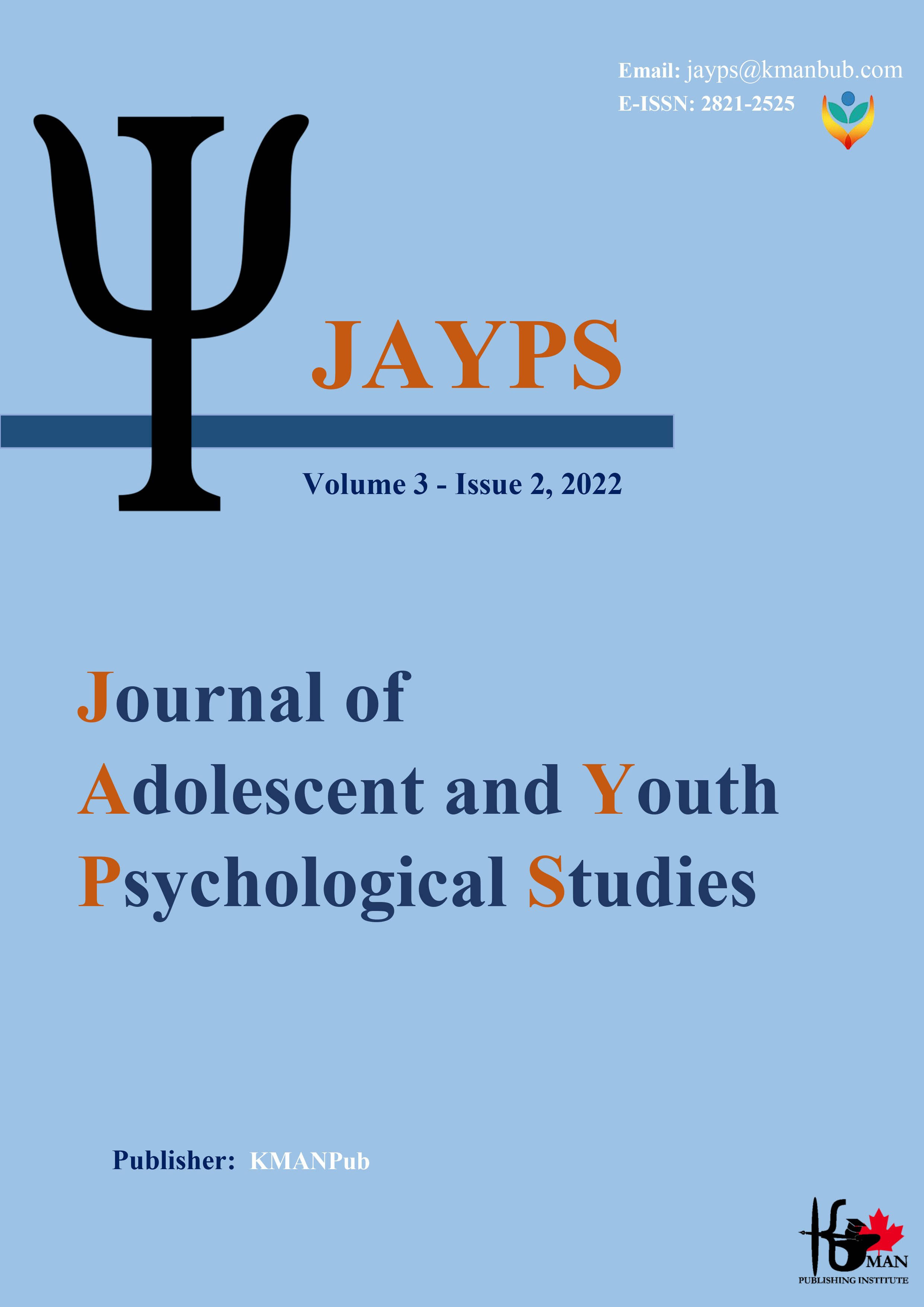Comparing the effectiveness of acceptance and commitment-based therapy and reality therapy on covert communication aggression and forgiveness among women seeking divorce
Keywords:
acceptance and commitment therapy, reality therapy, aggression, forgiveness, women.Abstract
Background and purpose: Many spouses, especially women applying for divorce, may experience hidden aggression in their lives for some reason and may not be able to adapt to challenging situations. The objective was to compare the effectiveness of acceptance and commitment-based therapy and reality therapy on covert communication aggression and forgiveness among women seeking divorce in Babol city. Methods: The current research was a semi-experimental type with a pre-test-post-test design of three groups. Among the women applying for divorce, a sample of 45 people was selected by non-random sampling method and they were replaced in two experimental groups (therapy based on acceptance and commitment and reality therapy) and a control group by simple randomization. (15 people in each group). After evaluating 45 women applying for divorce whose level of hidden communication violence was above the cut-off point and met the necessary conditions, they were identified and then divided into three groups of 15 people, two experimental groups and one control group. Then, 8 sessions of 90-minute therapy based on acceptance and commitment (Hayes et al., 2004) and 8 sessions of 90-minute reality therapy (Glasser, 2005) were conducted in the experimental groups in person and in compliance with health protocols. Data were collected using the covert communication aggression questionnaire and the forgiveness questionnaire. Results: The results of the research showed that the therapy based on acceptance and commitment and reality therapy are effective on covert communication aggression (F=19.44) and forgiveness (F=15.87) among women seeking divorce. Also, the results of post hoc test showed that therapy based on acceptance and commitment has a greater effect on hidden communication aggression and forgiveness than reality therapy (p<0.01). Also, the results of the follow-up test showed that the effect of reality therapy continued until the follow-up period. Conclusion: It can be concluded that reality therapy was effective on covert communication aggression and forgiveness among women seeking divorce and this effect continued until the follow-up period.
Downloads
Downloads
Published
Submitted
Revised
Accepted
Issue
Section
License

This work is licensed under a Creative Commons Attribution-NonCommercial 4.0 International License.









